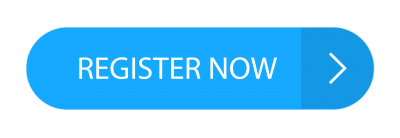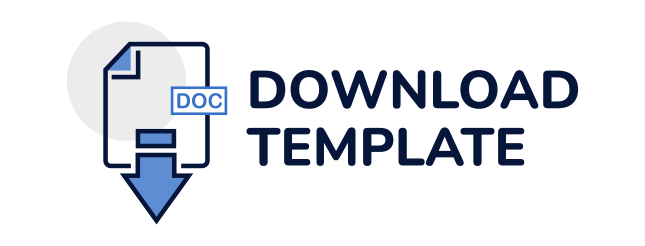TRAINING PROGRAM FOR THE MOVEMENT CONTROL OF THE INDIVIDUAL IN ACTIVY DAILY LIVING (ADL)
Abstract
Children generally experience a period of growth and development, someone during their growth period moves because of limited movement so it is difficult to carry out daily activities. Daily activities are daily activities, namely eating, drinking, bathing and walking. Self-development and movement development are all efforts and forms of assistance in the form of planned and programmed guidance and training for children with physical disabilities, so that they are able to care for themselves, help and taking care of yourself and moving yourself. Moving or changing places in everyday life in the family and community is enough. The aim of this movement development is to improve and develop the movement function of children with disabilities so that children are able to move, participate and socialize in their environment. Self-development and movement development are all efforts and forms of assistance in the form of planned and programmed guidance and training for disabled students, in the context of develop oneself both as an individual and a social creature who participates in society so that the ability to take care of oneself and help oneself is realized. The goal of movement development is to be achieved in movement development, namely to improve and develop movement functions in children to provide provisions and and train movement control that can lead children to able to move to participate and socialize in their environment. Movement building materials also consist of, strengthening weak muscles, relaxing stiff muscles, maintaining muscle strength and preventing muscle atrophy, improving movement in joints, locomotor skills, non-locomotor skills, and improving movement coordination There are also movement development methods and techniques that can be used to train movement control for children with physical impairments, namely: perceptual movement activities, skills training, games and sports education. For children with physical impairments, self-development skills cannot be separated from movement skills, hence the term active daily living (ADL). ) is called self-building and movement building. The ability to take care of yourself, or help yourself (self help, self care) is not an ability inherited from parents, but must be learned first. For children who are classified as normal, learning can be said to be relatively easy. They observe how to control movements, listen or imitate other people relatively smoothly and this is not the case for children who are classified as physically disabled. They need to try hard, and the learning program is structured from simple, systematic and specific. The self-development program includes several things related to the interests of children such as eating, drinking, personal hygiene, which in itself is a skill or skill that must be mastered by children with physical impairments in order to be able to take care of themselves. himself in his daily needs without the help of others. Meanwhile, movement coaching is a series of coaching and exercises carried out by professional teachers in special education, in a planned and programmed manner for individuals who experience disorders of the muscles, joints or bones, so that the individual experiences interference in carrying out mobilization activities.Keywords: training for the disabled, active daily living
Full Text:
PDF







.png)